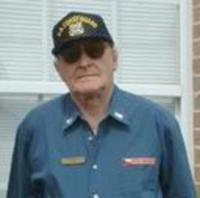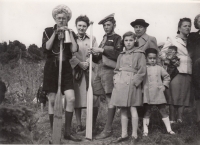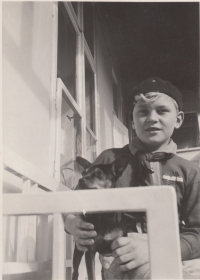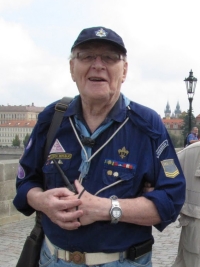My life was calm, although I took part in every revolution
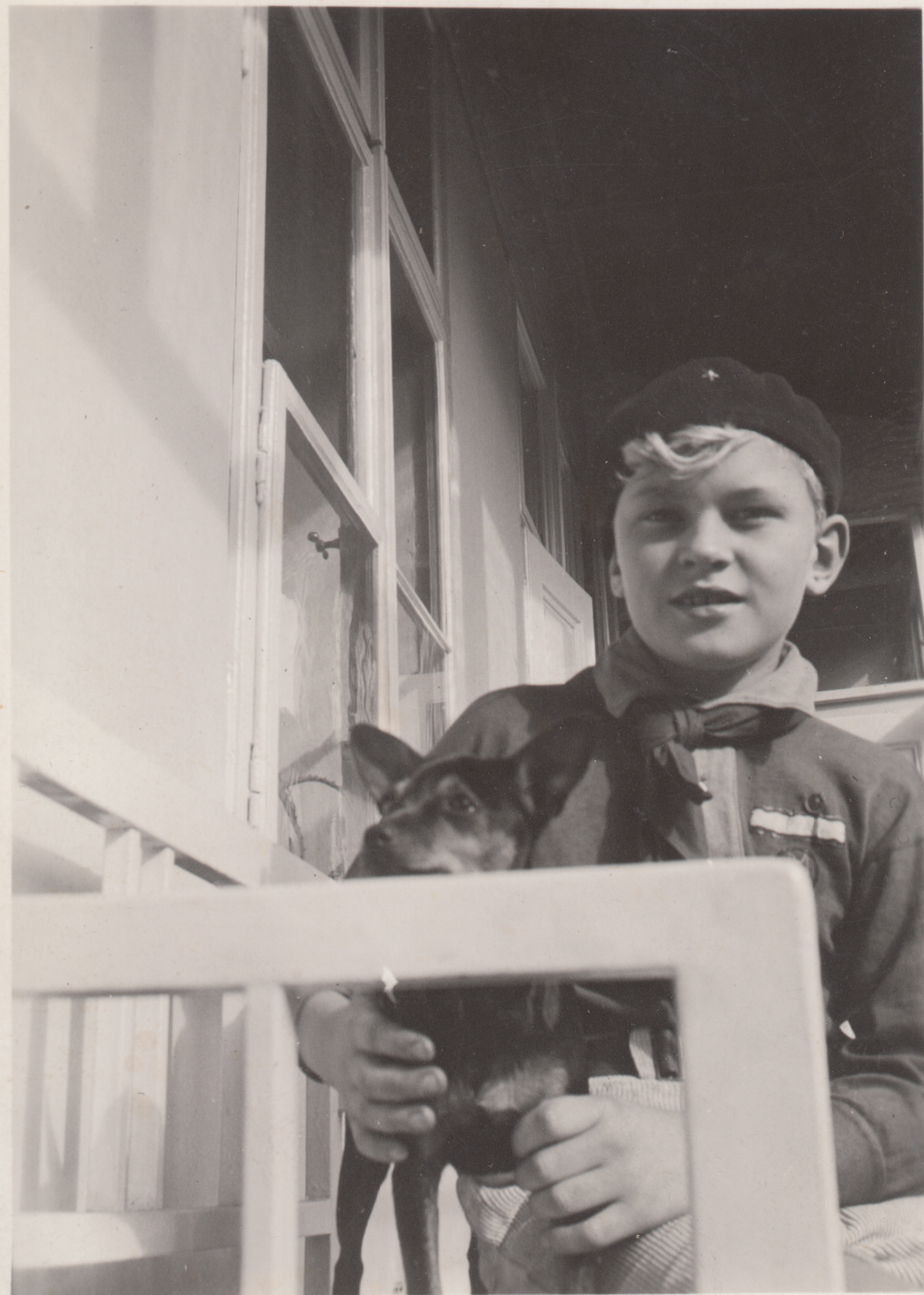
Stáhnout obrázek
Jiří Hold was born in 1923. His ancestors came from Wiener Neustadt. His mother was the daughter of the Jawa motorcycle company founder Ing. Janeček and she worked as a dentist. His father was a public servant. In 1932 Jiří became a member of the boy scouts club in Třebechovice, and in 1933 he joined the 5th troop of water scouts in Prague, from which an intelligence brigade later evolved. In 1942 he graduated from the grammar school in Smíchov. After the war he served in the 21st tank brigade. Subsequently he began studying university and became a member of the Czechoslovak National Socialist Party. Two times he took part in student marches and consequently got dismissed from the university. He started a temporary job in a tractor centre in Vyšší Brod, and after returning to Prague he worked in Elektrovod. In 1950 he found employment in the sound department of the State Film Company as a microphone operator. In 1950 he began working in the Barrandov studios as an assistant to sound masters, and eventually he became a sound master after the Czechoslovak Television broadcasting began (1953). In 1968 the Television management gave him a recommendation and Jiří was thus allowed to complete his university studies. In August 1968 he was actively involved in the ČST broadcasting against the Soviet army. In his free time he pursued his ham radio hobby and he had a transmitter at home, but the StB confiscated it in 1985. He retired in the same year. Jiří Hold is married and he has two daughters.
